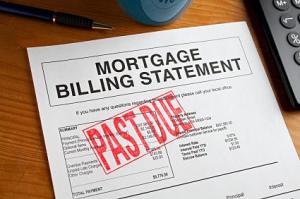Dear Liz: Is it true that we can’t refinance our home until seven years after a foreclosure? We lost a rental property six years ago. Our credit scores now are in the 740 range, and we are anxious to take advantage of lower rates since our mortgage rate is 5.75%. Other than the foreclosure, our credit is perfect.
Answer: As foreclosures surged, the agencies that buy most mortgages increased the amount of time troubled borrowers had to spend in the “penalty box” before being allowed another mortgage.
Fannie Mae and Freddie Mac still have a seven-year waiting period after foreclosures. But that has been shortened to three years when borrowers can prove “extenuating circumstances,” such as a prolonged job loss or big medical expenses. Waiting times for other negative events, such as bankruptcy or short sale, have been reduced to two years with extenuating circumstances. Otherwise, it’s four years.
There are other loan programs that are even more forgiving. For example, the FHA has a three-year waiting period that can be shortened to one year if borrowers participate in its “Back to Work” program, which requires they document a significant loss of household income, that their finances have fully recovered from the event and that they’ve completed housing counseling. The Veterans Administration, meanwhile, makes loans available one to two years after foreclosure.
 Today’s top story: Bouncing back after foreclosure. Also in the news: How to piece together the perfect bank, handling the financial consequences of millennials living at home, and a parents guide to insurance for college students.
Today’s top story: Bouncing back after foreclosure. Also in the news: How to piece together the perfect bank, handling the financial consequences of millennials living at home, and a parents guide to insurance for college students. Today’s top story: How not to pick a bank. Also in the news: bank accounts that foster independence for disabled people, how to pick the right college to avoid student debt, and newly updated government rules to help homeowners facing foreclosure.
Today’s top story: How not to pick a bank. Also in the news: bank accounts that foster independence for disabled people, how to pick the right college to avoid student debt, and newly updated government rules to help homeowners facing foreclosure.